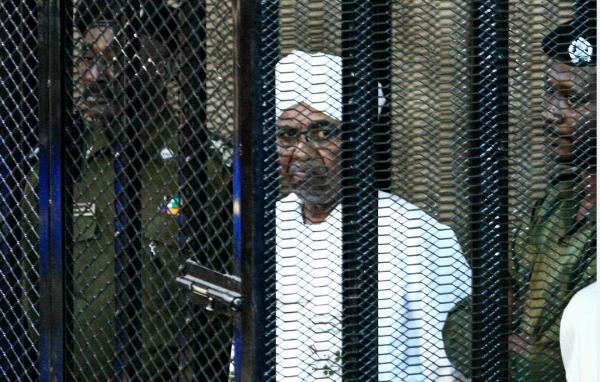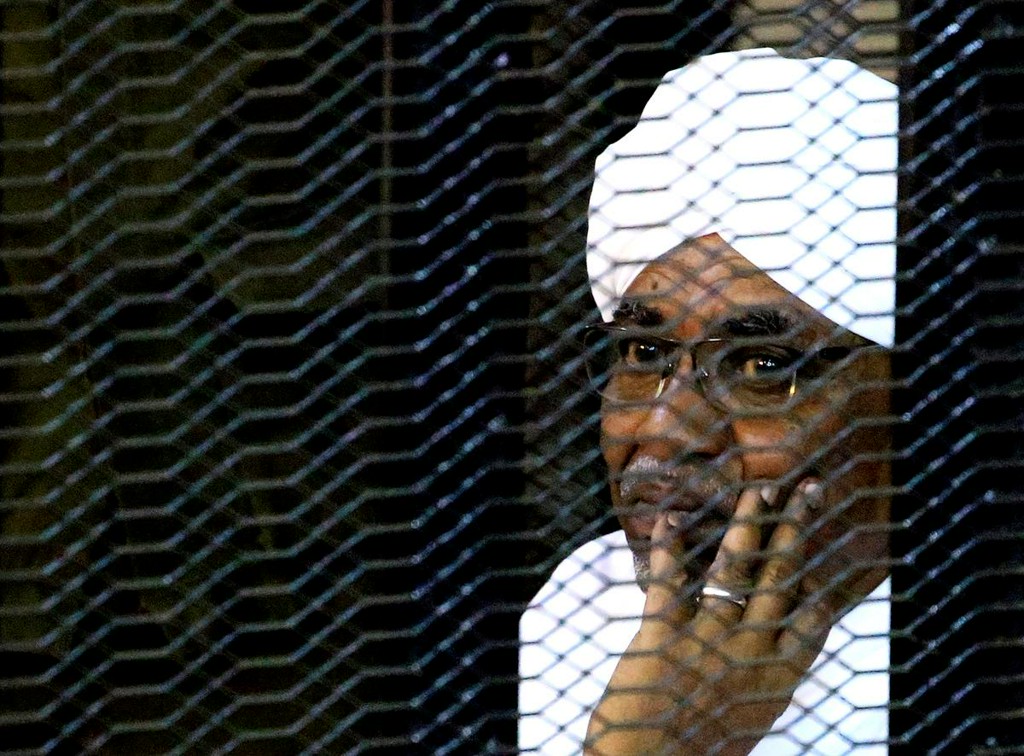Riyaz Patel
A Sudanese court convicted ousted president Omar al-Bashir on corruption charges Saturday, sentencing him to two years in a community reform centre.
The presiding judge said al-Bashir, 75, was being sent to the reform facility, rather than a prison, on account of his age.
The decision prompted anger among Sudanese whose protests had led to the end of his 30-year rule in April.
Almost exactly a year since mass protests against Bashir broke out across Sudan, the court found Bashir guilty of corruption and illegal possession of foreign currency.
Bashir’s lawyers described the verdict as politically motivated. His supporters immediately began protesting in the streets of the capital Khartoum.
The Sudanese Professionals Association, which became a leading organising force in the protest movement, welcomed the ruling but said it is “certainly not the end of the day.”

It said it has teams working on a list of charges they want Bashir to face, including for crimes against humanity in Darfur, the 1989 coup that brought him to power and the torture and killing of prisoners.
Bashir is wanted by the International Criminal Court over accusations of genocide in Darfur, where the United Nations has estimated his forces have killed at least 300,000 people.
Protesters have demanded Bashir be handed over to the ICC, but the military leaders who ousted him have refused to hand him over, even after signing a power-sharing agreement with civilian forces.

The Bahri Revival Committees, part of a network of neighbourhood protest units, said before the judgement that it would be watching to see whether they were satisfied and, if not, would announce protests for Sunday.
Ahmed Ibrahim al-Tahir, Bashir’s lead defence lawyer, said he would appeal. “The judge made the ruling based on political motives, but despite that we still have confidence in the Sudanese judiciary,” Tahir told reporters.
